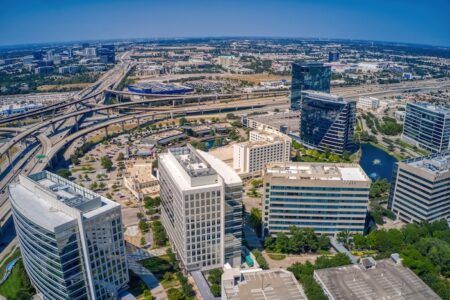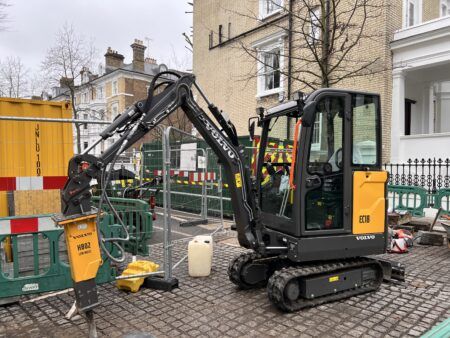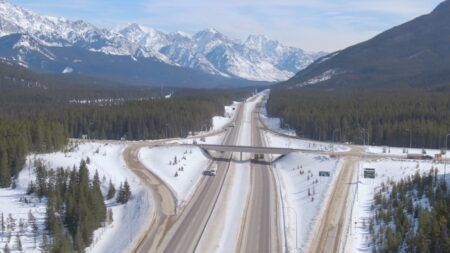A new traffic congestion report has revealed that Los Angeles, California, is the world’s most gridlocked city for the sixth straight year.
Leading transportation analytics company Inrix has published the 2017 release of its annual Global Traffic Scorecard, in which it analyzed 1,360 cities, up by nearly 300 cities from the 2016 Scorecard, across 38 countries.
Based on the findings, the USA ranked as the most congested developed country in the world, with drivers spending an average of 41 hours a year in traffic during peak hours, which cost drivers nearly US$305bn in 2017 – an average of US$1,445 per driver. The USA accounted for 10 of the top 25 cities worldwide with the worst traffic congestion, with the country also having three of the top five most congested cities globally: Los Angeles (first), New York (tied for second with Moscow), and San Francisco (fifth).
For the third year in a row, the I-95 Cross Bronx Expressway in New York City tops the Inrix list of worst corridors in the USA, with the average driver on the 4.7-mile stretch wasting 118 hours per year in congestion, an increase of 37% over last year. Three other New York corridors fill out the top 10, but it should be pointed out that the NYCDOT has taken various positive actions to improve safety and operations. For example, under NYC’s Vision Zero programs, the official speed limit was lowered to reduce traffic fatalities and improve safety for a mix of bicycles, pedestrians, buses, and delivery trucks along local streets.
Inrix analyzed 500 terabytes of data from 300,000,000 different sources covering over 5,000,000 miles of road. The Global Scorecard calculates the percentage of time that drivers spent in congestion at different periods of the day/week and on different parts of a city’s road network, providing a more holistic view of congestion problems. Of the 38 countries covered by the 2017 Traffic Scorecard, Thailand leads with the highest average hours spent in peak congestion (56 hours), outranking Indonesia (51 hours) and Columbia (49 hours), followed by Venezuela (42), and the USA and Russia both with 41 hours.
“Congestion costs the USA hundreds of billions of dollars, and threatens future economic growth, and lowers our quality of life,” noted Dr Graham Cookson, Inrix’s chief economist. “If we’re to avoid traffic congestion becoming a further drain on our economy, we must invest in intelligent transportation systems to tackle our mobility challenges.”




